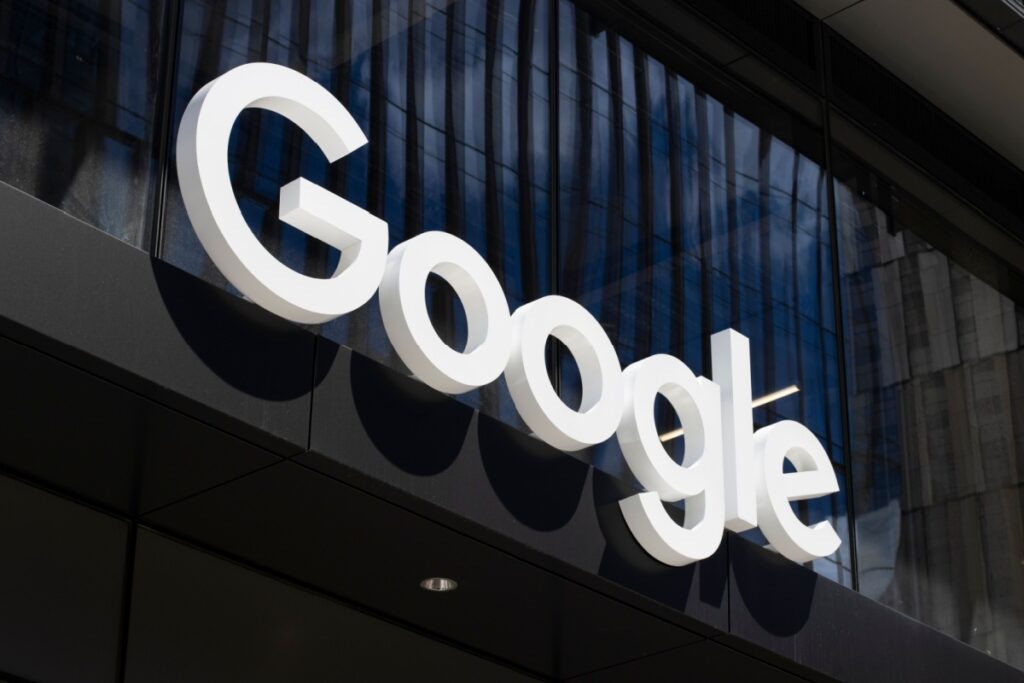A federal judge, Amit P. Mehta, delivered a significant decision in September 2025 that reshapes the competitive environment of the online search market. In a 226-page opinion, the U.S. District Court found that Google violated antitrust law by using exclusive contracts to secure its dominance in search distribution across devices and platforms. These agreements, which involved companies such as Apple and mobile carriers, ensured that Google’s search engine was the preset default on billions of smartphones and browsers worldwide.
The ruling, however, avoided the most severe remedies sought by some regulators. Judge Mehta declined to force Google to sell its Chrome browser or divest the Android operating system, measures that antitrust advocates had argued were necessary to dismantle its entrenched dominance. Instead, the court ordered behavioral changes focused on breaking the cycle of exclusivity and opening access for competitors.
The decision represents one of the most consequential U.S. antitrust rulings against a technology company since the case against Microsoft in the late 1990s. While it places constraints on Google’s business practices, it also reflects a judicial effort to balance competition enforcement with the potential disruption to consumers who rely on widely used Google products.
Mandated Data Sharing To Promote Competition
A central element of the ruling requires Google to share portions of its search index data and certain user interaction data with approved competitors. By doing so, Judge Mehta aims to lower barriers for rival search engines such as DuckDuckGo, Microsoft Bing, and new entrants that are building AI-based search tools. Access to this data is considered critical for competitors to provide results at a scale and speed that can rival Google’s offering.
The Department of Justice (DOJ) hailed this provision as a “historic victory for fair competition.” Officials noted that, without mandated data access, competitors would face an almost insurmountable disadvantage, as Google’s two decades of search queries have given it a vast dataset to refine algorithms and anticipate user behavior.
The court also restricted Google from enforcing exclusive distribution agreements across platforms including Chrome, Google Assistant, and its Gemini AI search product. These contracts, which previously gave Google automatic default placement, must now be renegotiated under non-exclusive terms. Regulators believe this will give consumers greater exposure to alternative search services and create opportunities for innovation in the digital search ecosystem.
Market Impact And Industry Reactions
The financial markets responded quickly to the ruling. Shares of Alphabet, Google’s parent company, surged by more than 7 percent in after-hours trading, reflecting investor relief that the company avoided structural break-ups. Apple also recorded modest gains, as its search partnership with Google remains intact, albeit under revised rules that limit exclusivity.
Google expressed cautious approval of the outcome. A company spokesperson emphasized that the ruling provides clarity while allowing the company to continue “delivering helpful, secure products to billions of users.” Apple likewise welcomed the decision, highlighting the importance of giving users “simple, consistent experiences” across its devices.
Not all reactions were positive. Advocacy groups such as the American Antitrust Institute criticized the decision for not going far enough, arguing that behavioral remedies alone may not break Google’s dominance. Rivals like DuckDuckGo also voiced concerns, noting that access to data is helpful but may not be sufficient to offset Google’s massive brand recognition and deep integration into mobile and browser ecosystems.
Analysts pointed out that the ruling reflects a compromise: it signals serious antitrust enforcement yet stops short of dismantling one of the world’s largest technology firms. The effect on consumer choice, search advertising, and emerging AI search tools will likely unfold gradually over the coming years.
Broader Antitrust Landscape And Forward Outlook
The Google search ruling is only one front in a broader wave of U.S. government scrutiny of Big Tech. Google faces another ongoing lawsuit targeting its digital advertising technology, where regulators have hinted that structural remedies—such as forcing the company to divest parts of its ad business—remain under consideration. That case is expected to progress later in 2025, with potential consequences for the broader digital ad ecosystem.
Other technology giants are also under pressure. Meta, Amazon, Apple, Microsoft, and Nvidia all face investigations or lawsuits examining whether their dominance in areas such as cloud computing, e-commerce, app distribution, and AI chips is harming competition. Together, these cases mark the most aggressive U.S. antitrust campaign against technology companies in decades.
Judge Mehta’s ruling also sets an important precedent for future regulatory interventions in rapidly evolving markets, especially in artificial intelligence. By explicitly including Gemini AI in the prohibition on exclusivity agreements, the decision signals regulators’ awareness that AI-based search and personal assistants could become the next battleground for dominance.
Google has already announced its intention to appeal the ruling, a process that could extend through 2027 or beyond. Until then, the company must comply with new requirements, including collaborating with the DOJ by September 10, 2025, to draft a revised final judgment aligned with the court’s findings. Legal experts say the appeal could reshape or even overturn parts of the decision, but for now, it establishes new limits on Google’s practices and fresh opportunities for competitors.


